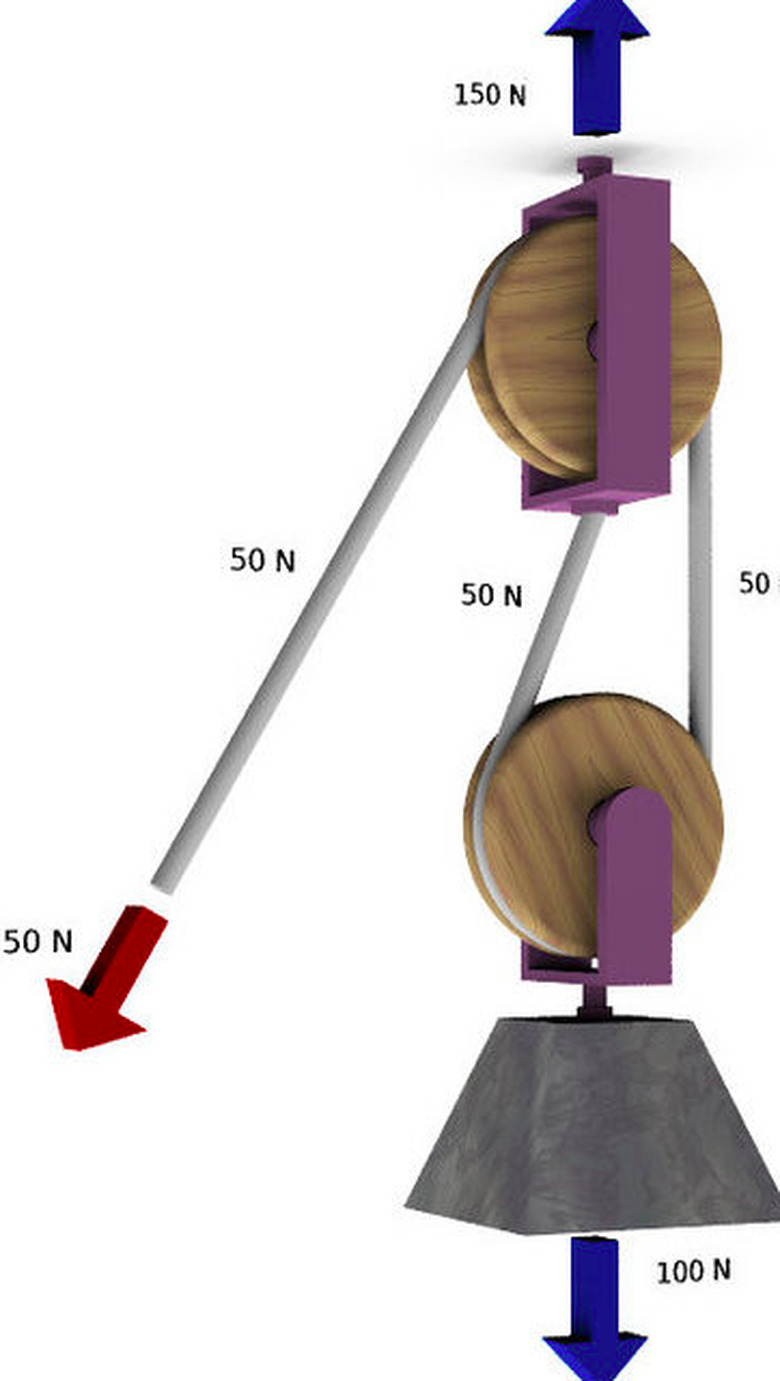Physical Address
Suite 5, 181 High Street,
Willoughby North NSW 2068
Physical Address
Suite 5, 181 High Street,
Willoughby North NSW 2068

When you need to lift a heavy weight, a pulley can make the job easier. A pulley is one of the physic’s six non-motorized simple machines—in this case, one that reduces either the effort necessary to lift a load or the direction in which the force needs to be applied in order to move the load—or it may do both things: reduce the force needed, as well as the direction.
Pulleys work by means of a grooved wheel that pivots around an axle. When the pulley is fixed to a solid anchor and a rope is threaded through the grooves on the pulley’s wheel, it can be used to lift heavy weights much more easily than doing it by brute force. And you can double the effectiveness of a pulley system by increasing the number of pulleys in the setup. There are any number of ways you can combine multiple pulleys in a lifting setup. Any lifting apparatus that uses one pulley only is known as a simple or single pulley system, while any system that combines two or more pulleys is known as compound pulley.
A simple pulley system using one wheel does not reduce the amount of force, but it does change the direction required to move the load. A compound system, on the other hand, actually reduces the amount of force required to move an object. Compound systems can get complicated. For example, you can rig a system using two pulley hubs that each have two wheels, and when looping the lifting ropes through all four wheels and the two hubs, the lifting power can be very substantial. The most well-known form of compound pulley is the well-known block-and-tackle, but pulley systems can get very elaborate in complicated machinery, using several hubs, each with two or more wheels. The sail rigging on large sailboats, for example, can feature some very sophisticated pulley systems.
This article, though, will describe how to rig a fairly simple pulley system for ordinary household use to lift heavy weights more easily.
It’s important to know, however, that a pulley does nothing to reduce the overall weight of the object being lifted, and that whatever point you choose to anchor the fixed pulley needs to be up to the task of supporting the entire weight of the load. For example, if you are hoisting a riding lawnmower in the air in order to work on the undercarriage, or lifting a motorcycle in order to work on the tires, the pulley needs to be anchored in a way that will safely bear the entire weight. Failure to take this into account can lead to a serious accident.
Always follow the instructions and guidelines included with your pulleys. For search and rescue efforts, be sure you use pulleys, rope, and anchors created for that purpose.